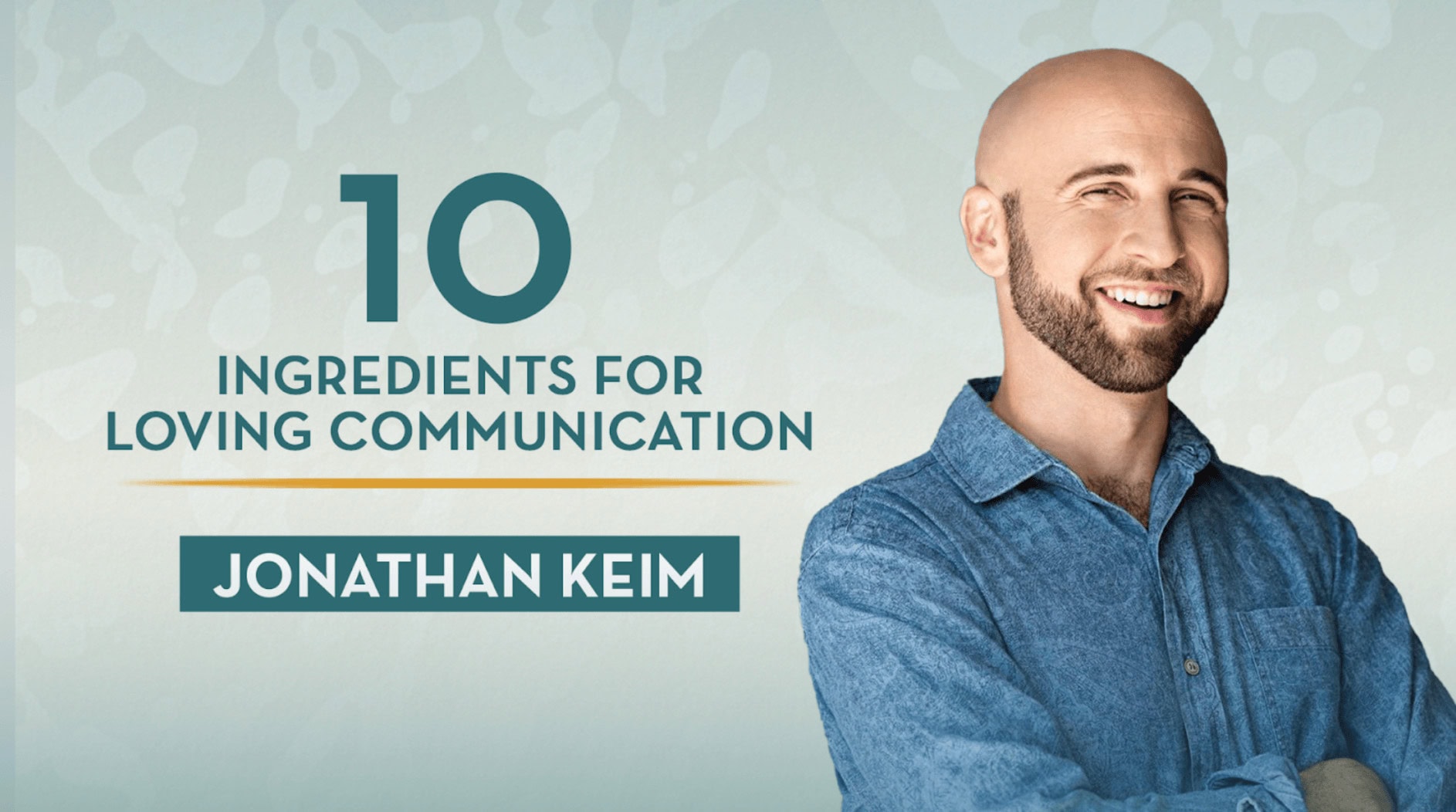As a coach, you are an agent of change, so the first belief you must have if you’re going to create change in others is that you can change yourself. The second belief is that you are responsible for your own change, not anyone else. The greatest leverage for a coach is to live up to your own standards of what your professional life should be. One of the strongest forces in the human personality is the drive to preserve the integrity of your own identity.
Here are some of the beliefs and values that are most important for a coach to embrace:
1. You have to be in a determined state.
Aldous Huxley said, “Experience is not what happens to a man, it is what a man does with what happens to him.” You need to have the determination to create positive change in your clients and in yourself.
2. Professional success is to live your professional life in a way that causes you to feel a great deal of pleasure and very little pain.
Success is to work in a way that makes you feel good about yourself. We are fortunate that in our profession simply by being empathic and humane we can have instant gratification. But many of us haven’t thought about how to make ourselves feel good about our work. Yet if you don’t have a plan for pleasure, you will have pain.
3. Successful coaches ask better questions, and as a result, they get better answers.
Quality questions create a quality professional life. One of my favorites is: “Don’t ask why your client behaves the way she does, ask for what she would change.” Ask your clients the right questions and they reveal themselves in a whole new light. Ask a terrible question and you will get a terrible answer. One of my favorite terrible questions is: “Are you depressed?” Simply asking the question triggers the depressed state. It’s like asking: “Are you thinking of the color blue?” You automatically visualize blue.
The right question in coaching can help you formulate a problem that you can solve. The wrong question can lead you to failure. But it’s not only the questions you ask, but the questions you FAIL to ask that shape your success as a coach. My favorite statement by Lacan is: “It is the absence of the warm gesture that determines the coldness of the relationship.” What is not said, what is absent, is often the most powerful message. We must listen to what is not said as much as we listen to what is actually said.
Questions immediately change what a person focuses on. It is crucially important to learn how to ask empowering questions. Some empowering questions are: What are you truly happy about in your life right now? What are you truly grateful for? Who do you love? Who cares about you? What do you enjoy about your work? Where would you like to be 10 years from now?
Questions can bring back what we deleted from our memory. We regularly forget entire aspects of our lives, and some people have the tendency to forget everything that is positive. The right question can bring back empowering memories. Questions also change the resources that are available to us. That is why the successful coach asks about all kinds of relationships looking for the connections that can be used to change a person’s life for the better.
4. Words have tremendous power when chosen wisely.
Coaches with rich vocabularies have a multi-hued palette of colors with which to paint experience, not only for their clients, but also for themselves. By changing someone’s vocabulary, especially the words that are consistently used to describe emotions, the coach can change how a client thinks, feels, and interacts with others. For example, when you’re really upset at someone, if instead of saying you are angry or enraged, you said you are feeling “a tad out of sorts,” or “a bit peeved, wouldn’t that change the nature of the interaction?
Portuguese is an extraordinary language for nuances of feelings. I remember the first time I was in Brazil and I asked someone in Portuguese how he was feeling. The answer was: “I feel blue with white polka dots.” Isn’t that much more festive than simply saying you’re feeling great?
The words that we attach to our experience become our experience. Coaching can be seen as expanding a person’s choices and part of this is expanding a person’s vocabulary. If the words you use as a coach create states that disempower you, get rid of those words and replace them with words that empower you.
5. Changing the metaphors that people use to view their lives can instantly transform them
There is a big difference between thinking “Life is a game,” and “Life is suffering. To succeed as a coach you have to understand the metaphors that people link to their work, to their marriage, and to their families, and you have to know how to change these metaphors.



